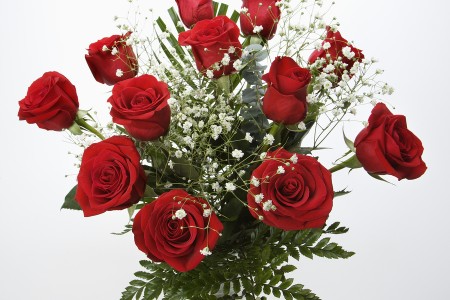What do Wedding Flowers Mean?
Many people don’t realize that flowers have meanings. It was common in history for brides to only use flowers that had positive connotations. If you want to follow tradition- here’s the list:
Anemone- Expectation
Baby’s Breath- Innocence
Bluebell- Everlasting love
Calla Lily- Magnificent beauty
Carnation- Boldness, love, talent
Chrysanthemum- Wealth, abundance, truth
Daffodil- Regard
Daisy- Loyal love
Delphinium- Swiftness, lightness
Forget-Me-Not- Faithful love
Freesia- Innocence
Gardenia- Purity, joy
Heather- Admiration
Hydrangea- Thank-you
Iris- Faith, wisdom
Lilac- Love’s first emotions
Lily- Majesty, truth, honor
Lily of the Valley- Happiness
Magnolia- Love of nature
Orchid- Love, beauty
Pansy- Merriment
Peony- Happy marriage
Primrose- I can’t live without you
Ranunculus- Radiant
Rose- Love, joy, beauty
Stephanotis- Marital happiness
Stock- Lasting beauty
Sunflower- Adoration
Sweet Pea- Blissful pleasure
Tulip- Love, passion
Violet- Faithfulness
Zinnia- Lasting affection
If you are a little on the superstitious side, you may want to avoid these flowers:
Christmas rose: Scandal
Fig: Idleness
Foxglove: Insincerity
Larkspur: Infidelity
Lavender: Distrust
Marigold: Grief
Mulberry: I shall not survive you
Raspberry: Remorse
Red carnation: Alas for my poor heart
Red poppy: Consolation
Rhododendron: Danger
Striped carnation: Refusal
Striped pinks: Refusal
White poppy: Sleep
Yellow carnation: Disdain
Yellow chrysanthemum: Slighted Love
Yellow lily: Falsehood
Yellow rose: Jealousy
